CSICon 2026: June 11-14, Buffalo, NY

Get to Know Our Featured Guests

Special Discounted Room Rates

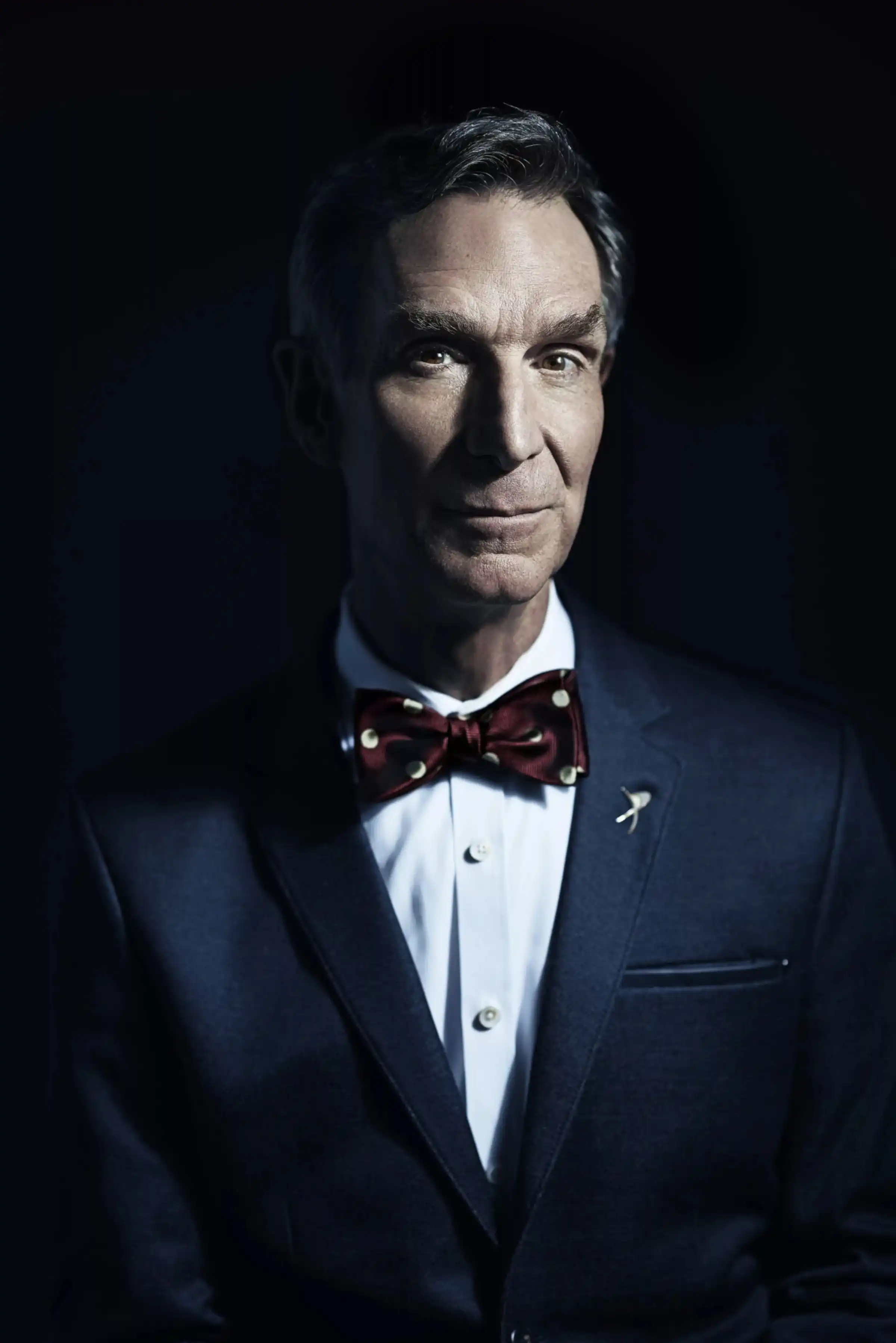
Bill Nye is an American science educator, engineer, comedian, television presenter, inventor, keynote speaker and New York Times bestselling author. Nye is a respected champion of scientific literacy who has challenged opponents of evidence-based education and policy on climate change, evolution, and critical thinking.
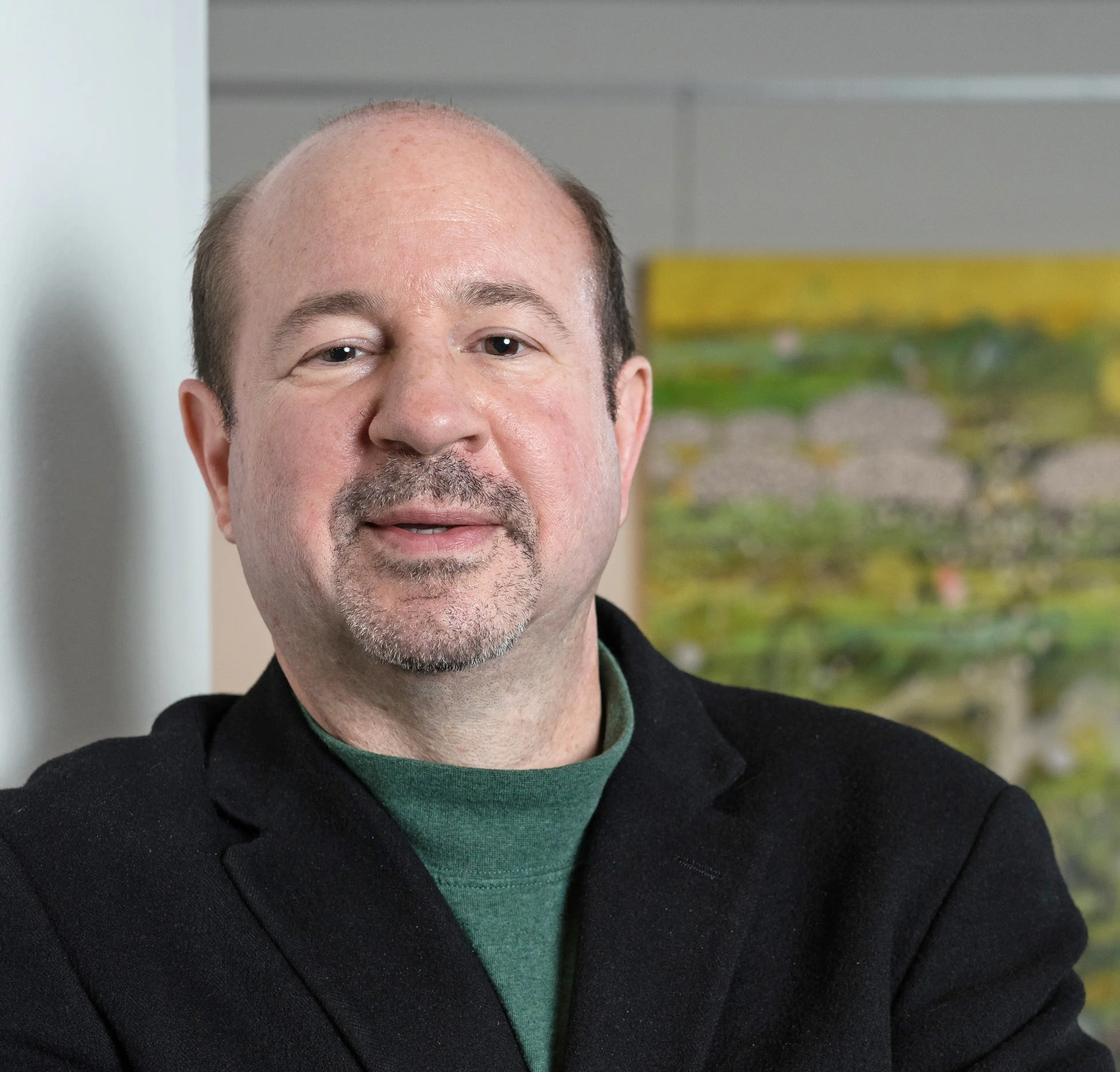
Dr. Michael E. Mann is Presidential Distinguished Professor in the Department of Earth and Environmental Science at the University of Pennsylvania, with a secondary appointment in the Annenberg School for Communication. He is director of the Penn Center for Science, Sustainability, and the Media (PCSSM).
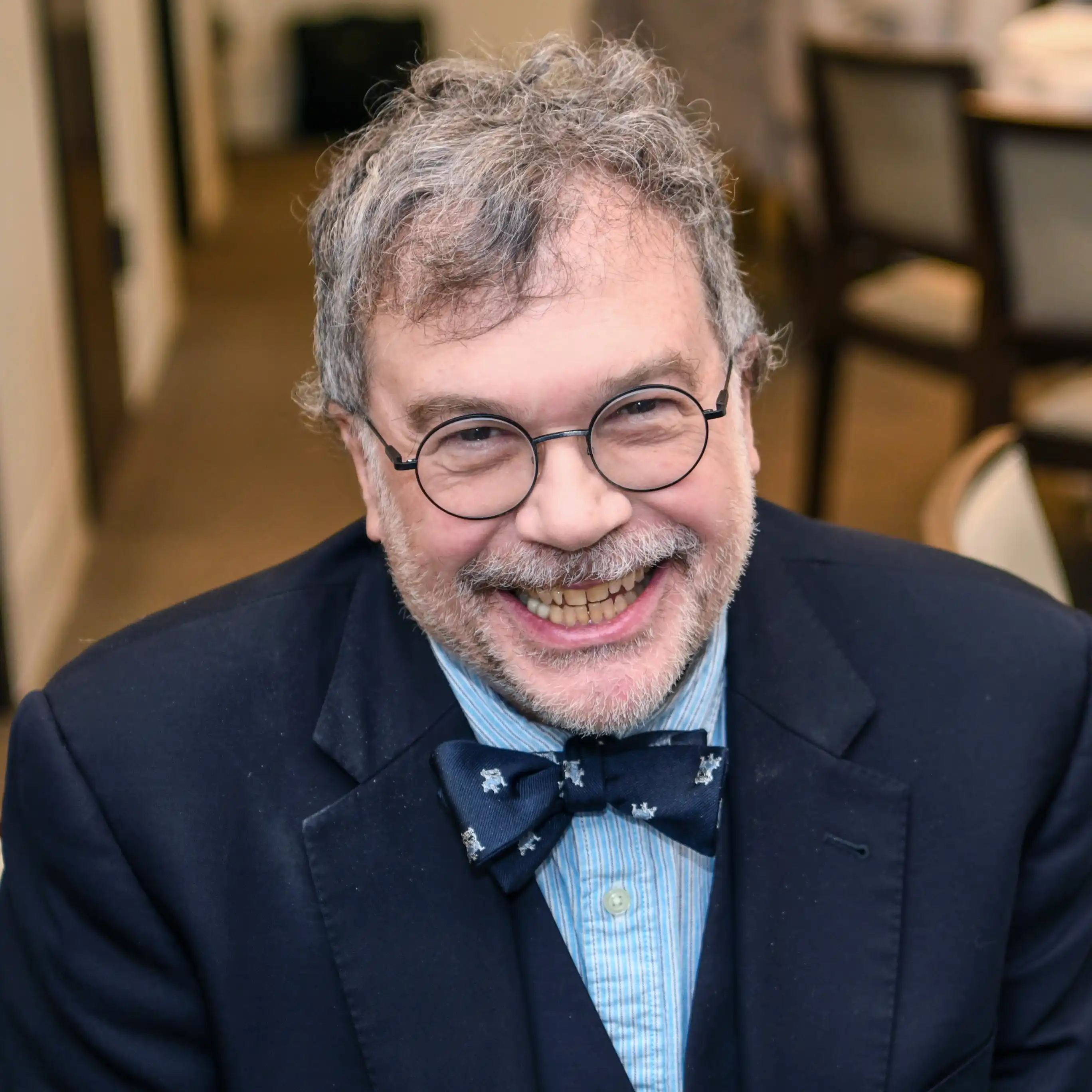
Peter Hotez, MD, PhD, is professor of Pediatrics and Molecular Virology and Microbiology at Baylor College of Medicine. Dr. Hotez is a vaccine scientist, biochemist, and pediatrician who has led or co-led the development of vaccines.

Leighann Lord (veryfunnylady.com), the emcee for the 2026 CSICon, is a seasoned New York City-based stand-up comedian. Lord is a former cohost of the Emmy-nominated StarTalk with Neil deGrasse Tyson, and she can be seen in Showtime’s Even More Funny Women of a Certain Age.
.webp)
See the hosts of the popular, long-running podcast with Steven Novella, Jay Novella, Cara Santa Maria, Evan Berstein, and Bob Novella
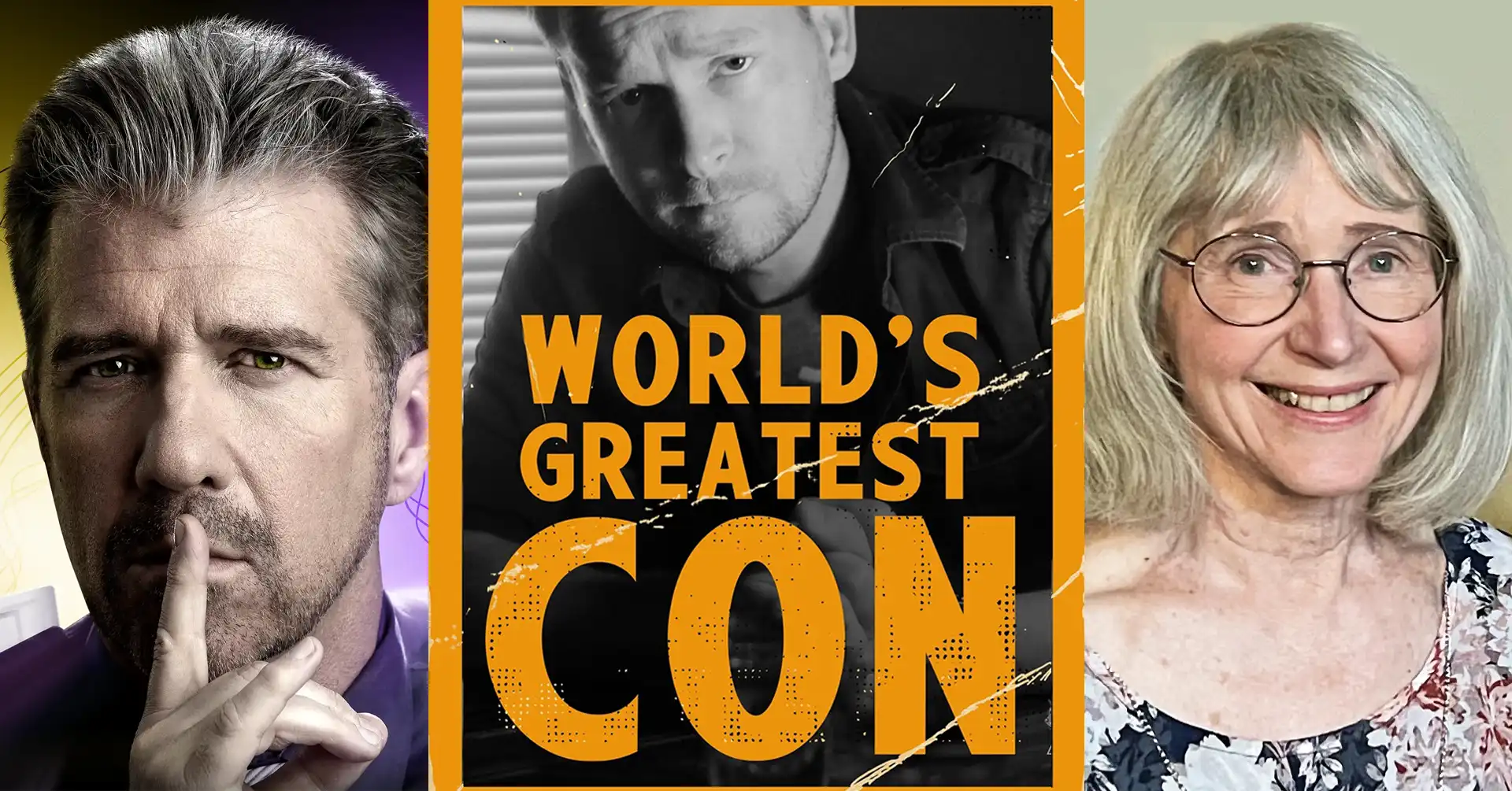
We have a large star-studded roster of skeptics and scientists from around the world!
